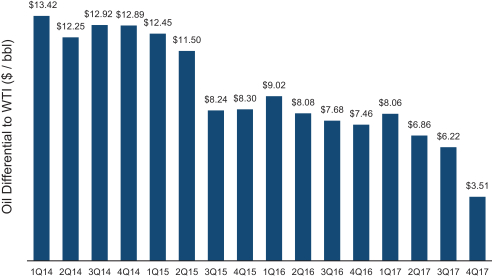Minnesota law provides that unless prohibited by the articles or bylaws, a corporation must indemnify a person made or threatened to be made a party to a proceeding because of the person’s former or present official capacity in the corporation against judgments, penalties, fines, including, without limitation, excise taxes assessed against the person with respect to an employee benefit plan, settlements, and reasonable expenses, including attorneys’ fees and disbursements, incurred by the person in connection with the proceeding, if, with respect to the acts or omissions of the person complained of in the proceeding, the person: (a) has not been indemnified by another organization or employee benefit plan for the costs incurred by the person in connection with the proceeding with respect to the same acts or omissions, (b) acted in good faith, (c) received no improper personal benefit and, if applicable, the interest party transaction statute, summarized above, has been satisfied, (d) in the case of a criminal proceeding, had no reasonable cause to believe the conduct was unlawful, and (e) in the case of acts or omissions occurring in the official capacity, reasonably believed that the conduct was in the best interests of the corporation, or in the case of acts or omissions, reasonably believed that the conduct was not opposed to the best interests of the corporation. The termination of a proceeding by judgment, order, settlement, conviction, or upon a plea of nolo contendere or its equivalent does not, of itself, establish that the person did not meet the criteria set forth above. The Minnesota Articles of Incorporation and Minnesota Bylaws do not vary from Minnesota law. | | Delaware law provides that a corporation may indemnify any person who was or is a party or is threatened to be made a party to any threatened, pending or completed action, suit or proceeding, whether civil, criminal, administrative or investigative (other than an action by or in the right of the corporation) by reason of the fact that the person is or was a director, officer, employee or agent of the corporation, or is or was serving at the request of the corporation as a director, officer, employee or agent of another corporation, partnership, joint venture, trust or other enterprise, against expenses (including attorneys’ fees), judgments, fines and amounts paid in settlement actually and reasonably incurred by the person in connection with such action, suit or proceeding if the person: (a) acted in good faith and in a manner the person reasonably believed to be in or not opposed to the best interests of the corporation, and (b) with respect to any criminal action or proceeding, had no reasonable cause to believe the person’s conduct was unlawful. With respect to actions by or in the right of the corporation, no indemnification may be made in respect of any claim, issue or matter as to which a person has been adjudged to be liable to the corporation unless and only to the extent that the Court of Chancery or the court in which such action or suit was brought determines upon application that, despite the adjudication of liability but in view of all the circumstances of the case, such person is fairly and reasonably entitled to indemnity for such expenses which the Court of Chancery or such other court deems proper. The Delaware Certificate of Incorporation and Delaware Bylaws will require that NOG Delaware indemnify directors and officers to the fullest extent permitted by law. |



